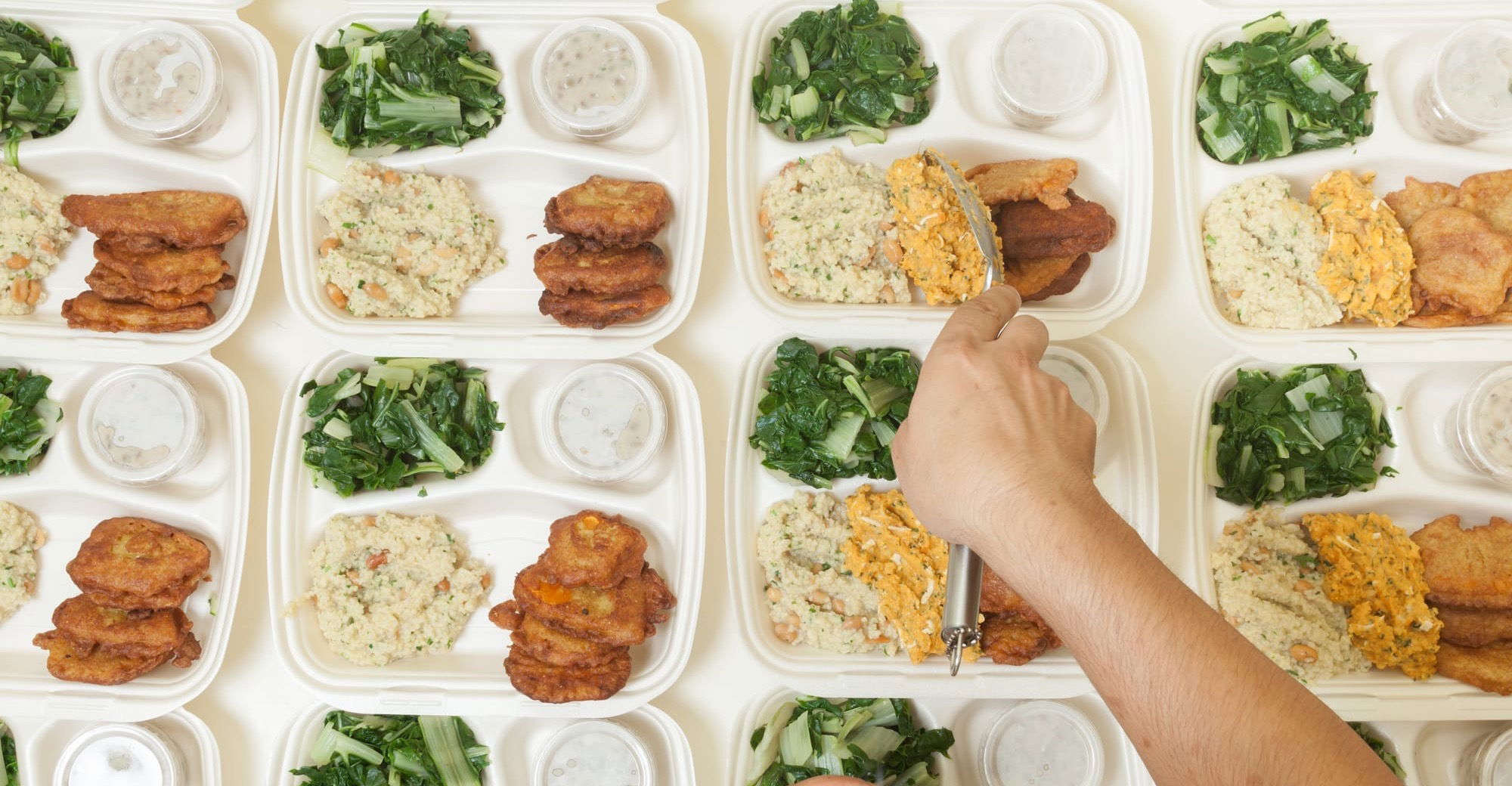Collaboration Not Competition: Meeting the Demand for Nutritious Food Packs in the Philippines
The Philippines is actively engaged in a national campaign to reduce malnutrition, creating a vast demand for nutritious food packs. With various programs such as the Department of Education's (DepEd) School-Based Feeding Program (SBFP), the National Feeding Program, and the Department of Social Welfare and Development's (DSWD) Supplemental Feeding Program, the need for nutritious food supplies has never been greater. This presents a significant opportunity for entrepreneurs and communities to collaborate rather than compete, ensuring that all areas receive the support they need.
The National Campaign on Malnutrition Reduction
Malnutrition remains a critical issue in the Philippines, affecting the health and well-being of many children and adults. To address this, the government has launched several initiatives aimed at providing nutritious meals and improving overall health:
- DepEd School-Based Feeding Program (SBFP): Aims to provide nutritious meals to undernourished public school children, improving their health and academic performance.
- National Feeding Program: A broader initiative that targets malnutrition across the country, providing meals to vulnerable populations.
- DSWD Supplemental Feeding Program: Focuses on providing additional nutritious food to children in daycare centers and communities, supporting their growth and development.
The Vast Demand for Nutritious Food Packs
The scale of these programs creates a substantial demand for nutritious food packs. Entrepreneurs and communities have a unique opportunity to contribute to this national effort by supplying high-quality, nutritious food products. However, the need extends beyond just meeting demand; it also includes reaching underserved areas and ensuring sustainability.
The Opportunity for Collaboration
Instead of competing with one another or copying innovations, entrepreneurs and communities should consider the power of collaboration. By working together, they can achieve greater impact and ensure that nutritious food supplies reach those who need them most. Here are some ways to foster collaboration:
- Form Partnerships:
- Entrepreneurs: Collaborate with other businesses to pool resources, share expertise, and expand reach.
- Communities: Partner with local organizations, schools, and community groups to distribute food packs effectively.
- Innovate Together:
- Joint Research and Development: Develop new and improved nutritious food products through shared research and innovation.
- Shared Production Facilities: Utilize shared production facilities to reduce costs and increase efficiency.
- Leverage Government Support:
- Engage with Government Programs: Participate in government-led initiatives and seek funding and support from programs like those offered by DOST PCIEERD and DOST FNRI.
- Policy Advocacy: Advocate for policies that support collaboration and provide incentives for joint ventures.

Reaching Underserved Areas
Many areas in the Philippines remain underserved by current food supply chains. By collaborating, entrepreneurs and communities can:
- Expand Distribution Networks: Work together to create robust distribution networks that reach remote and underserved areas.
- Develop Local Supply Chains: Source raw materials from local farmers and producers, ensuring sustainability and supporting local economies.
Call to Action
The demand for nutritious food packs in the Philippines presents a significant opportunity for entrepreneurs and communities to make a meaningful impact. By choosing collaboration over competition, we can:
- Meet the Growing Demand: Ensure that all areas, especially underserved ones, receive the nutritious food packs they need.
- Support Sustainable Projects: Create sustainable projects that empower local communities and contribute to long-term food security.
- Innovate and Share: Develop innovative solutions together, leveraging each other's strengths and resources.
The children need us to come up with diverse and innovative products. Let's focus on continuous development to prevent taste fatigue and ensure that nutritious meals remain appealing and effective. Let's create, not compete. By working together, we can provide the best for our communities and build a healthier future for everyone.